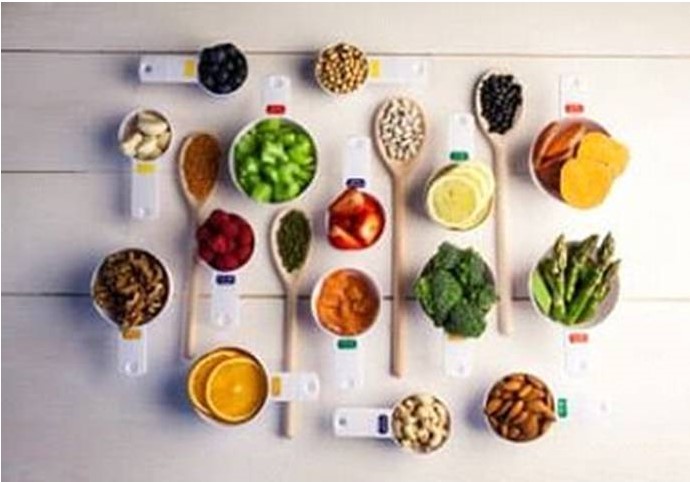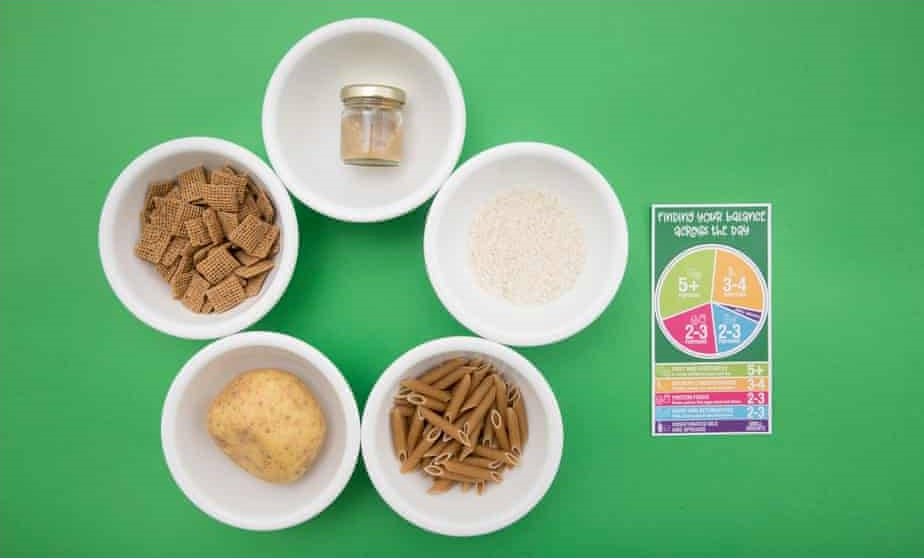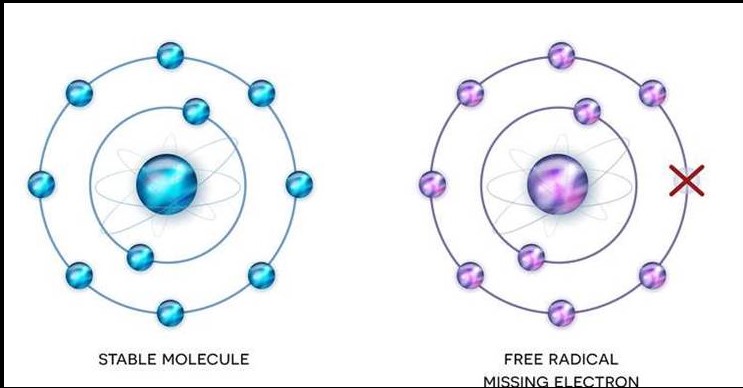We live in a fast-paced world and getting faster. With so many demands put on us, the need to do more even faster has become the accepted way of life. As a result, we have become addicted to speed.
How many times have you heard, or used the phrase “Where has the time gone?” One of the problems in our daily lives is that many of us rush through the day, with no time for anything … and when we have time to get a bite to eat, like everything else, we rush through it, often gobbling our food down.
That leads to a stressful, unhealthy way of eating and living. However, with the simple but powerful act of eating slower, we can begin to reverse that lifestyle immediately.
Unfortunately, when we eat too fast, we increase the possibility of overeating and therefore increase the possibility of weight gain. Fast eating was linked with more weight gain, higher blood-sugar levels, and a bigger waistline. In the long term, fast eaters could be putting themselves at higher risk of killer diseases. “When people eat fast they tend not to feel full and are more likely to overeat and feel stuffed afterward.
How do you know if you eat too fast?

If you eat in under 15-20 minutes, that is probably too fast. If you feel overly full after eating, you are probably eating too fast. You should take more than 20 minutes to eat a meal, ideally about 30 minutes.
Eating slower gives your stomach more time to start working on the food. In your stomach, there are stretch receptors that are activated as it fills with food or water. In addition to the stretch receptors, the hormone cholecystokinin (CCK) is sent to the brain to signal to stop eating
When you eat too quickly, these hormones do not have enough time to send the proper signals to your brain indicating fullness and to stop eating. This will generally cause you to keep eating although you are full. The result is that you are now overstuffed.
According to WebMD research from the North American Association for the Study of Obesity found overweight men and women ate less when they slowed down their eating.
Another study with over 1,700 adults found those who ate slower ate fewer calories at mealtimes. Therefore, if you are trying to lose weight, eating more slowly could help you achieve this.
Benefits of Eating Slowly

- Increased Food Satisfaction; One benefit of eating more slowly is that you will taste your food more. If you double the amount of time it takes you to eat a meal, you’ll experience more of the flavors, textures, and smells of the food you eat.
- Weight Loss: When you take longer to eat, you will find that you stop eating sooner. You will notice that you are fuller sooner and don’t need to continue eating. In fact, slower eating is associated with a lower body mass index (BMI). Studies have found that eating slowly improves satiety (the feeling of fullness and satisfaction after a meal). Eating slowly may help you more accurately remember how much food you’ve eaten
- Better Food Choices: An important part of a healthy eating lifestyle is making good food choices. When you slow your eating pace, you have more time to make more thoughtful food choices. This is good because the more you pay attention to your foods, the more you give yourself the opportunity to select nutritious, healthy foods. Many empty-calorie foods are heavily processed by food manufacturers.
They are often high in sodium and added sugar. These foods are carefully designed by food engineers to taste great for the first three or so bites. After a few bites, many people say that their desire for more salt and more sugar increases.
Studies have shown that people often eat more when they consume ultra-processed foods. Natural foods, on the other hand, contain no added sugar or added sodium (unless you add them).
- Avoid Becoming Overstuffed: Researchers have found that it takes your stomach about 20 minutes to produce the hormones that tell your brain that you are full. If you slow down, you give yourself more time to feel satisfied.
This gives you a better chance of stopping before you “get stuffed.” Eating more slowly can help you get re-sensitized to your body’s signals for feeling full and getting more enjoyment out of your food.
Tips for eating slower

 Eating slowly in order to lose weight is not quite that simple. People who are obese, for example, may suffer from leptin resistance, meaning that they are less responsive to satiety or pleasure signals from this hormone.
Eating slowly in order to lose weight is not quite that simple. People who are obese, for example, may suffer from leptin resistance, meaning that they are less responsive to satiety or pleasure signals from this hormone.People are also sensitive to cues in the environment like the aroma of chocolate chip cookies or the sight of a juicy burger. These things can make it more difficult. However, try these tips to help you eat more slowly.
It may take some effort at first, but over time eating slower should get easier.
-
- Avoid extreme hunger. It’s hard to eat slowly when you’re very hungry. To prevent extreme hunger, keep some healthy snacks on hand.
- Eat foods that need chewing. Focus on fibrous foods that require a lot of chewing, such as vegetables, fruits, and nuts. Fiber can also promote weight loss.
- Drink water. Make sure to drink plenty of water or other zero-calorie beverages with your meals.
- Turn off your screens. Try to avoid electronic devices, such as television and smartphones, while eating.
- Put your fork down in between bites. To help slow down food intake, a practical suggestion is to put down your fork after every bite. This can help you force yourself to slow down when eating.
- Practice mindful eating. Mindful eating techniques help you pay more attention to what you’re eating and gain control of your cravings.
- Be patient. Change takes time, as it takes about 66 days for a new behavior to become a habit

